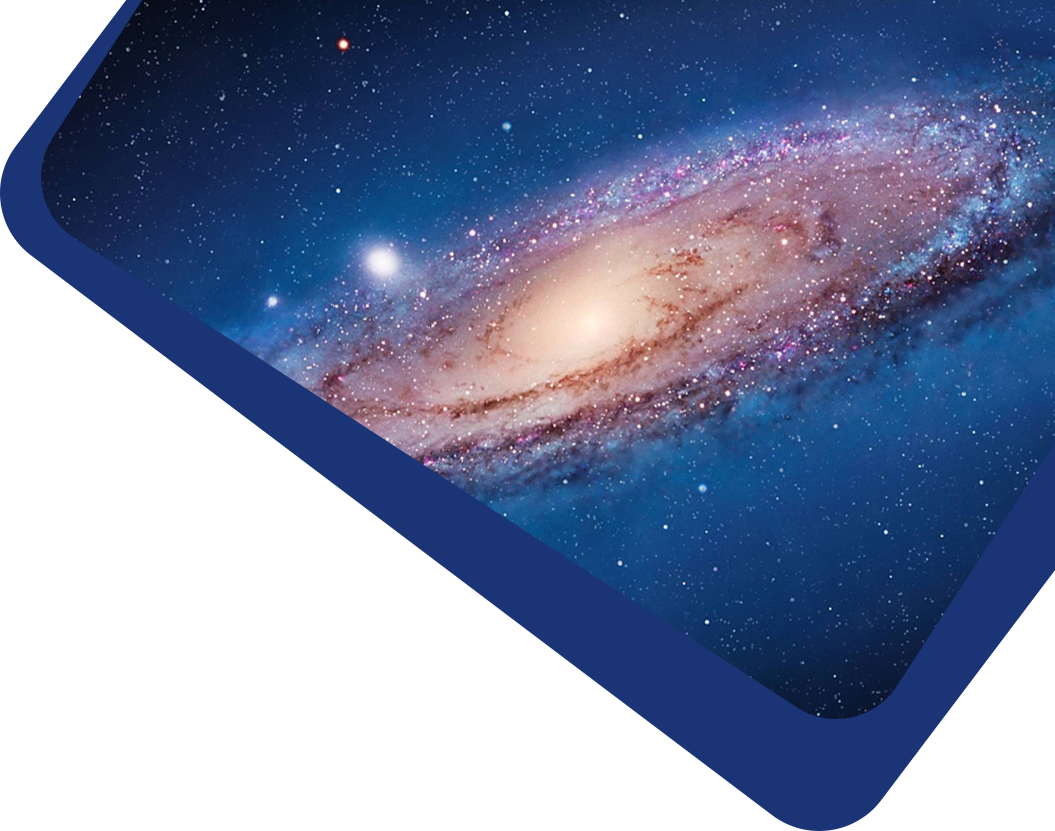

Abstract The detection of gravitational waves (GWs) by pulsar timing arrays (PTAs) is not only a very important supplementation of the verification of general relativity but also a new window to study the evolution of supermassive binary black holes and the early universe. However, so far the detection sensitivity of PTAs is not good enough to catch signals of GWs due to the disturbance of various noises. In this paper we explore the influences of the correlated noises caused by the reference clock errors and solar system ephemeris errors in pulsar timing on the detection of stochastic gravitational waves background (GWB). We demonstrate the power-law integrated sensitivity curves of GWB detection under the impacts from these correlated noises. From the simulated data, we find that the influence of different reference time-scale is non-negligible, and the influence is even quite huge if one uses a very old version of solar system ephemeris. However, the impact from these correlated noises on the sensitivity curve is very limited for the real observational data released by international pulsar timing arrays (IPTA). We also calculate the signal-to-noise ratios based on the theoretical GW amplitude permitted by observations. Moreover, we study how the detection sensitivity increases with more pulsar number and longer observation.
Keywords gravitational waves — pulsars: general — time — ephemerides
It accepts original submissions from all over the world and is internationally published and distributed by IOP